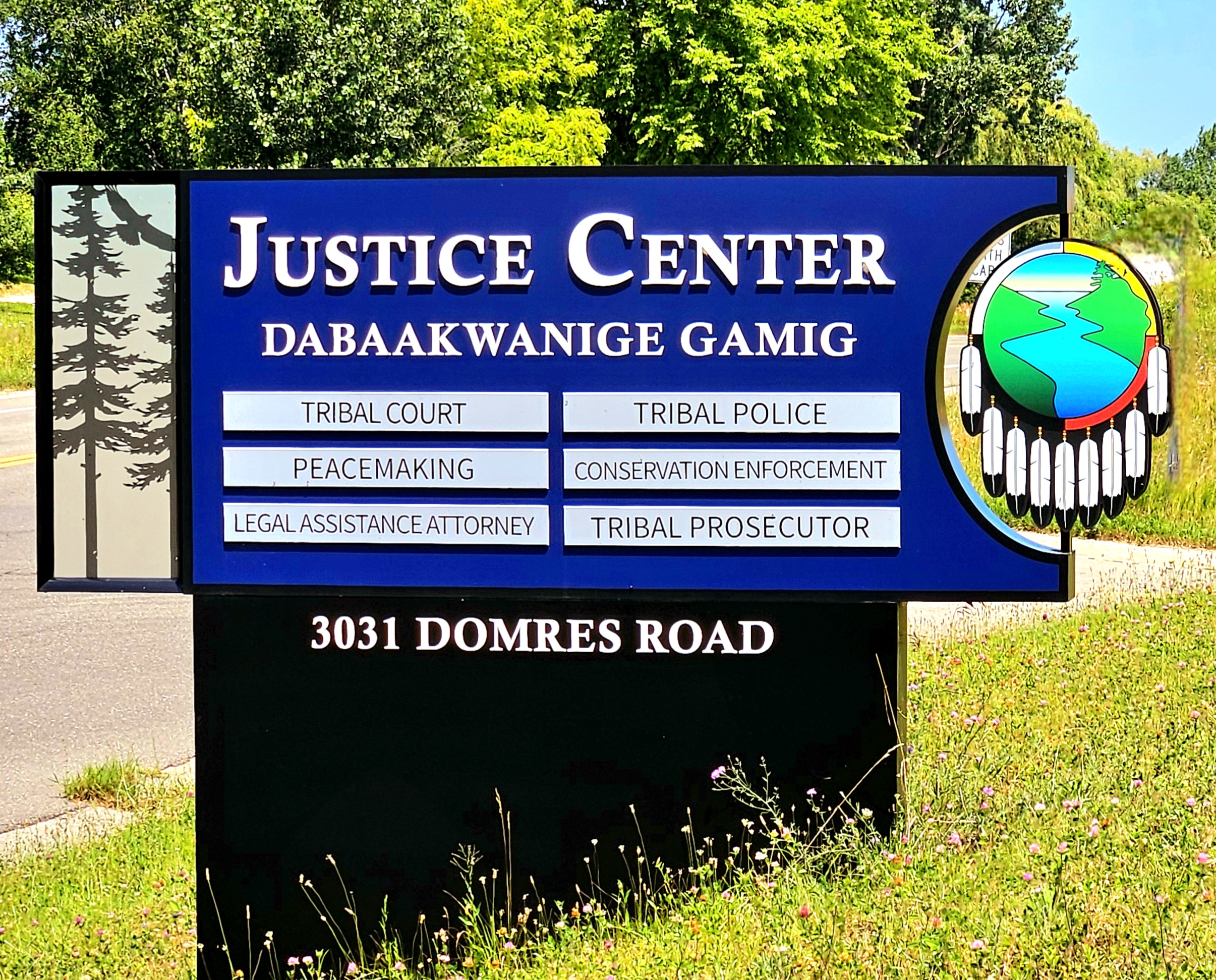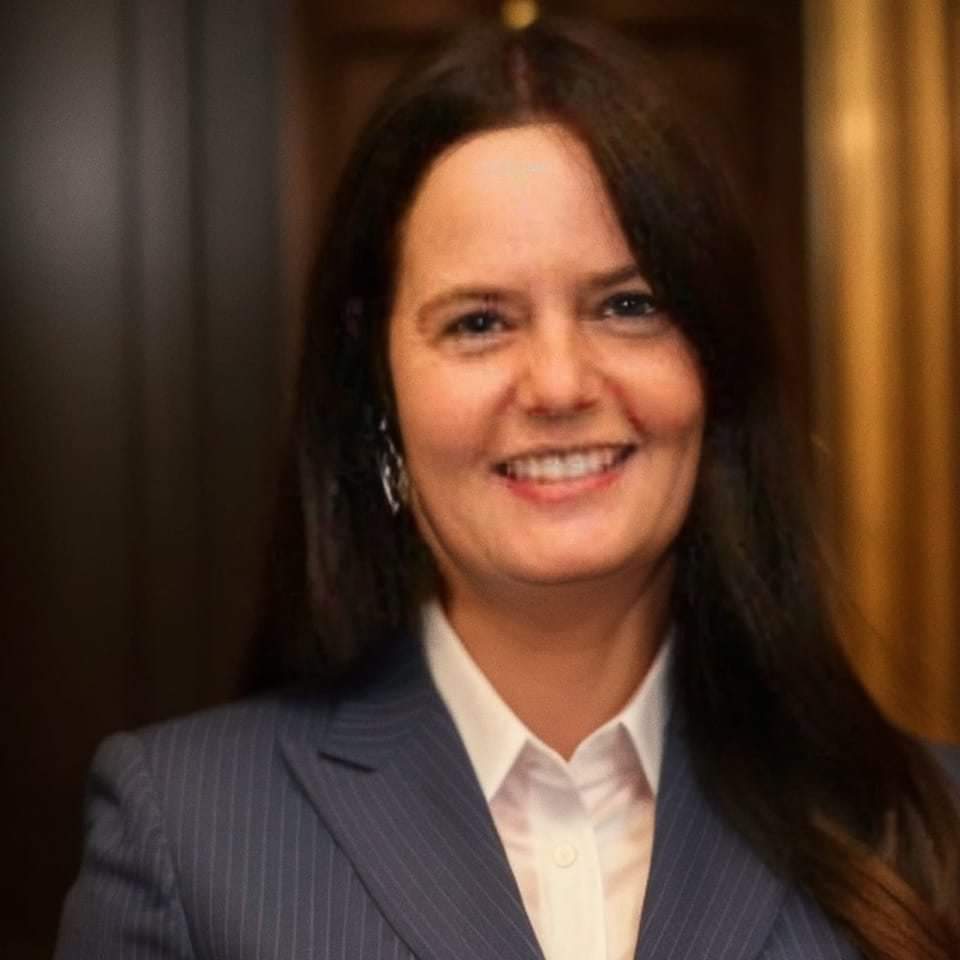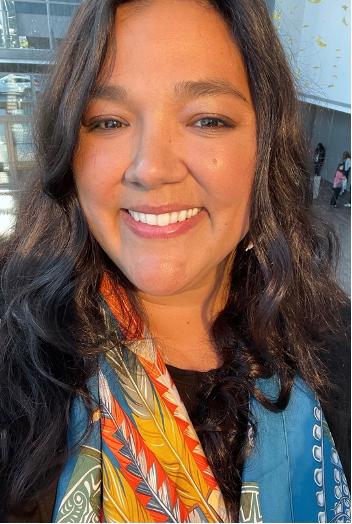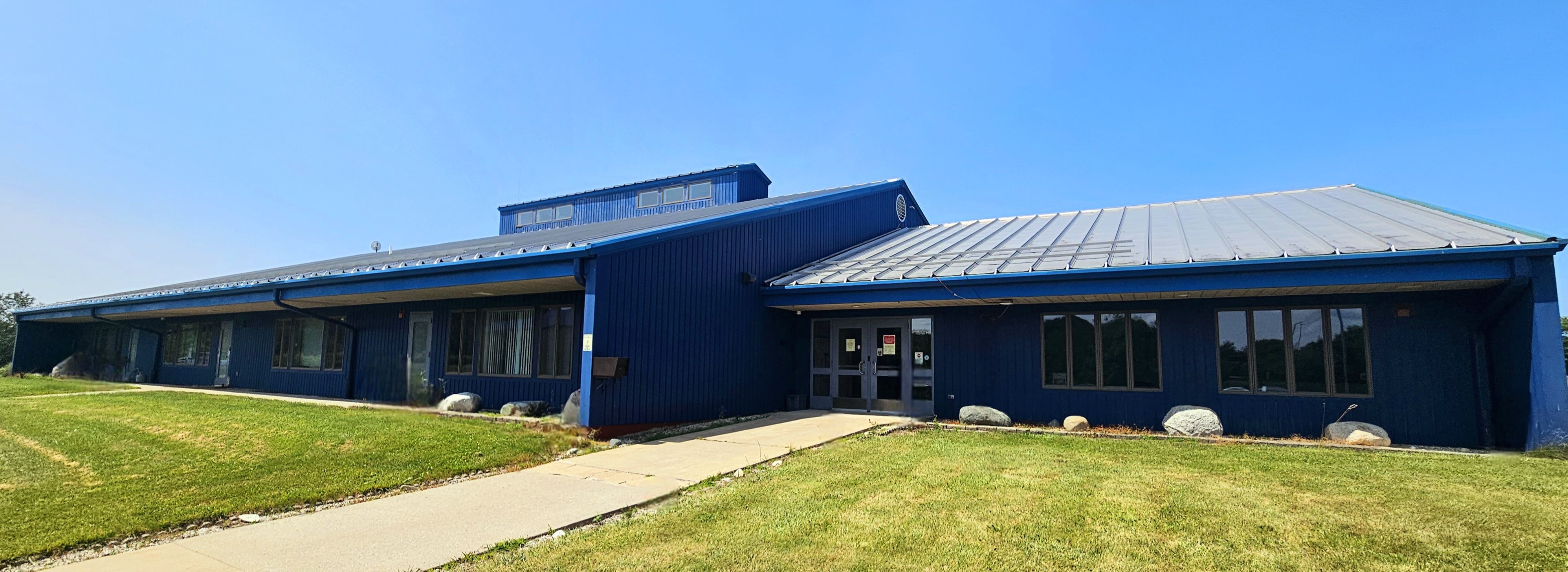
Location: Office Hours:
3031 Domres Road Monday - Friday
Manistee, MI 49660 8:00 a.m. - 4:00 p.m.
Contact
Phone: (231) 398-3406
Fax: (231) 398-3404
Email: tribalcourt@lrboi-nsn.gov
*All general requests and e-filings should be sent to this email
Court Staff
Spring Medacco, Court Administrator
springmedacco@lrboi-nsn.gov
Laurie Willis, Court Clerk
lauriewillis@lrboi-nsn.gov
Important Announcements:
MICHIGAN INDIAN LEGAL SERVICES ONLINE INTAKE
MILS now has an intake form that can be completed online. If you need legal assistance, check out the website at: https://map.tfaforms.net/f/apply
Job Postings:
We currently have an opening for a court clerk/recorder. Please see the below job posting if you are interested in joining our team!
Tribal Court Judges
Angela Sherigan, Chief Judge

Judge Angela Sherigan serves as the Chief Judge for the Little River Band of Ottawa Indians, in Manistee, MI., where she has served for 16 years.
Judge Sherigan currently serves as the Chair of the American Indian Law Committee for the State Bar of Michigan, is the Secretary for the Michigan Indian Judicial Association, is Co-Chair of the Tribal-State Federal Judicial Forum, and a member the State Court Administrator’s Office, Court Improvement, Tribal Court Relations Committee.
She is a former President of the Women Lawyer Association of Michigan, Macomb Region, and the only person to serve two terms as the statewide president of the Women Lawyers Association of Michigan, and Former Chair of the Michigan Indian Legal Services Board of Trustees.
She was part of the workgroup that put forth the Michigan Indian Family Preservation Act, and has handled numerous child welfare cases as a judge.
In 2012 she received the Pro-bono award from the national Legal Services Corporation, in 2013 she was named a Leader in the Law by Michigan Lawyers Weekly and is the recipient of the 2016 Tecumseh Peacekeeping Award from the American Indian Law Section.
Caroline LaPorte, Associate Judge

Caroline LaPorte, J.D. (Immediate Descendant of LRBOI, Daughter of Jim LaPorte)
Caroline is a Texas Bar Licensed Attorney, a Fellow of the American Bar Foundation, the Academic Department Head and Associate Professor of Native American Studies at Northern Michigan University, and a part time law and policy advisor to the National Indigenous Women's Resource Center. She is also a mother, a wife, a daughter, and a niece.
Her legal career has focused on Indian country, specifically child welfare, housing, human rights, and gender-based violence. She has been published by the American Bar Association, American Law Review and has worked on key federal legislation such as the Violence Against Women Act, the Not Invisible Act, and Savanna's Act.
Caroline was elected as the associate judge in 2021.
General Information

The Tribal Court office and courtroom are located in the Justice Center building. The Chief Judge and the Associate Judge hear all trial level cases. The Tribal Court can hear both civil and criminal matters involving Tribal members and entities. It not only adjudicates disputes and interprets tribal laws but also safeguards the rights and liberties of the Tribe's members as preserved in their Constitution. Article VI, Section 8 of the Constitution specifically outlines the duties of the Judicial branch, emphasizing its importance in the Tribe's governance and its commitment to justice and equity for all members.
The Tribal Court hears a variety of cases, including but not limited to:
- Civil Cases: divorce, child custody, property disputes
- Criminal Cases
- Child Neglect/Abuse cases
- Civil infractions and conservation violations
- Employment matters
- Probate Cases: estate matters, guardianships, and conservatorships
The Court can also:
- Issue personal protection orders (PPOs)
- Issue marriage licenses
- Register foreign judgments
- Provide Peacemaking services
The Tribal Court staff must remain neutral and impartial in all court cases, which is important in maintaining the integrity of the judicial process. While they cannot offer legal advice, they are able to assist with navigating court procedures and providing necessary forms to individuals.
TRIBAL COURT FEES:
TRIBAL COURT HEARINGS
Photography, recording or broadcasting of any hearing is strictly prohibited. (Rules of Civil Procedure, CR 4.015)
Effective January 31, 2025, ALL public hearings in the Tribal Court will be livestreamed pursuant to Administrative Order 2025-01. The livestream can be found at the following link: https://www.youtube.com/@TribalCourt
Livestream recordings shall be posted until the end of the business day on which they occurred.
Hearings titled "Closed Hearings" are not available for public viewing and will not be livestreamed.
(The following case types shall be closed to the public: neglect/abuse, guardianships, conservatorships, employment, juvenile, emergency petitions for PPOs, judicial complaints, attorney complaints, and any other matters that are closed by law.)